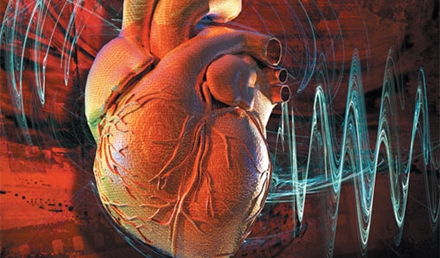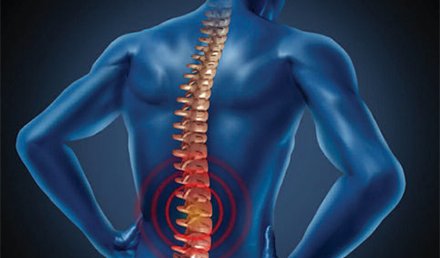Urgent message: Patients with palpitations often present to urgent care clinics. Making the correct diagnosis requires knowledge of underlying pathophysiology and thorough differential diagnosis. EBRAHIM BARKOUDAH, MD, and JEFFREY P. COLLINS, MD Case Record A 75-year-old woman with no prior history of cardiac disease complained of “palpitations” but neither lightheadedness nor syncope. She denied excess caffeine intake or use of illicit drugs and had no other significant past medical history on triage. The patient’s initial …
Read More



